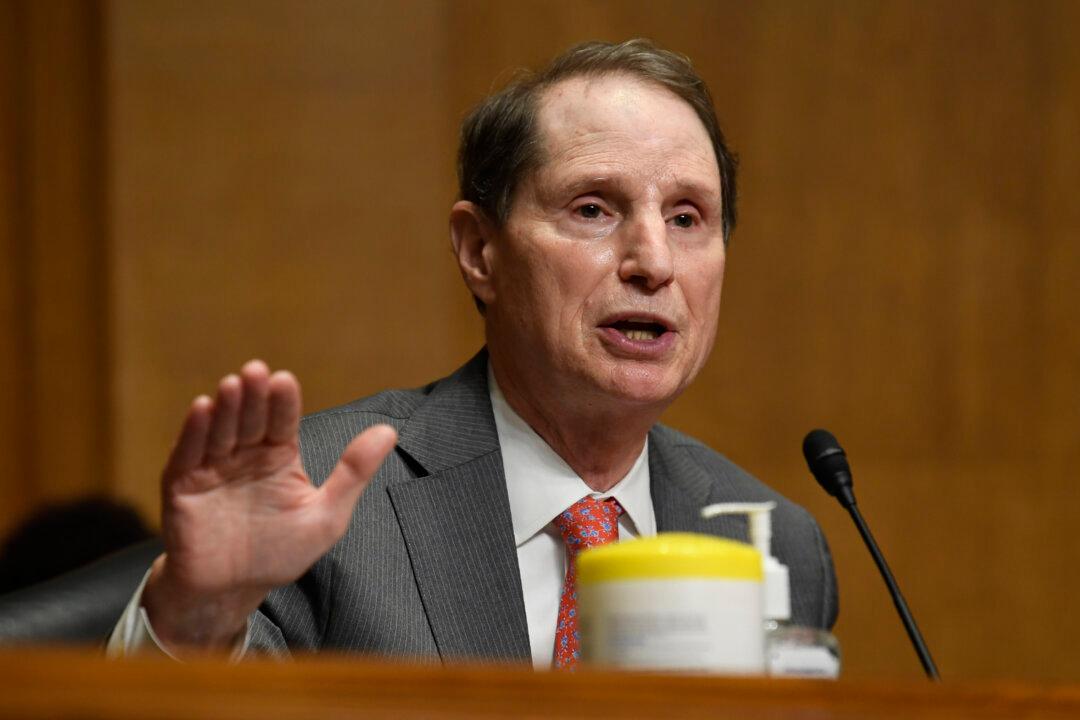A group of Democrat senators has proposed changes to international tax provisions in former President Donald Trump’s 2017 tax reform law in a bid to discourage offshoring and raise tax revenue for domestic investment.
The crux of the efforts of Sens. Ron Wyden (D-Oregon), Mark Warner (D-Virginia), and Sherrod Brown (D-Ohio) are calls to reform three systems: the Global Intangible Low-Taxed Income (GILTI), the Foreign Derived Intangible Income (FDII), and the Base Erosion and Anti-Abuse Tax (BEAT). They argue that some of the international tax provisions in Trump’s 2017 tax reforms inadvertently created incentives for American corporations to offshore jobs and production, and shift profits to foreign tax havens.





